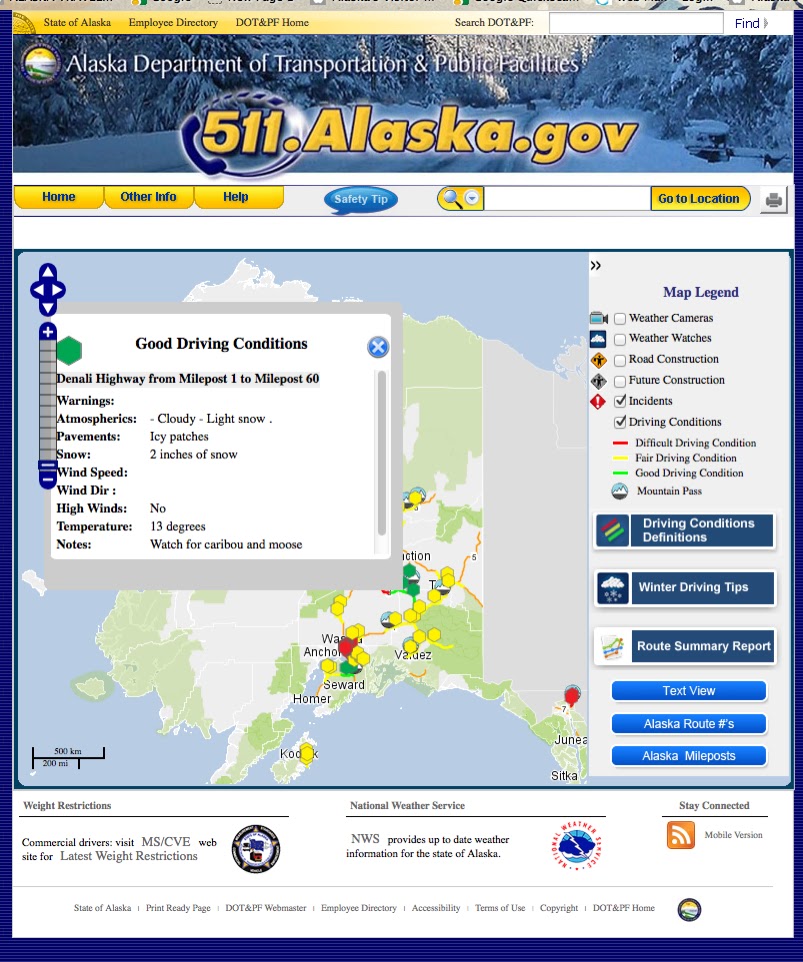Alaskan Communities Offered Millions To Fight Killer Opioid Epidemic
Last Year 342 Alaskans Died Of Drug Overdoses Most Involved Fentanyl Mounts Sanford & Drum (Photo by Copper River Country Journal) O...
Last Year 342 Alaskans Died Of Drug Overdoses Most Involved Fentanyl
Overdoses Have Killed Copper Valley People Over The Years
STATEWIDE OPIOID SETTLEMENT FUNDING UPDATES & OPPORTUNITIES
April 18, 2024 State Of Alaska Press ReleaseApril 18, 2024 / ANCHORAGE – The Alaska Division of Public Health, part of the Alaska Department of Health (DOH), has announced a process for accessing millions of dollars from much-anticipated National Opioid Settlement funds to help Alaska’s communities address the opioid epidemic.
In this plan, which incorporates the feedback and recommendations from stakeholders over the last several years, the Department is making $3.3 million annually available to support a statewide three-year grant program supporting opioid remediation strategies across Alaska. This opportunity for communities posted yesterday and can be found here.
Recent preliminary data from the state shows the deadly consequences of the rise in opioid availability in Alaska – particularly fentanyl. Although the state saw a decrease in overdose deaths in 2022, preliminary state data for 2023 indicate that Alaska experienced a 38% increase from 2022 to 2023.
“When looking at the preliminary numbers for calendar year 2023, Alaska experienced 342 overdose deaths for the year, with almost three-quarters involving fentanyl,” said Lindsey Kato, Director of the Alaska Division of Public Health. “These devastating consequences are related to the rise in fentanyl across Alaska highlight the need for us to work even more closely with our communities and our partners.”
The Alaska Department of Health continues to focus on strengthening partnerships with communities and stakeholders, taking a collaborative approach to address the increased threat of overdose across the state.
In 2022, the Governor’s Advisory Council on Opioid Remediation (GACOR) reported that the state expected to see approximately $58 million over the course of 18 years from national opioid settlement funds. Simultaneously, nine political subdivisions signed on to the global settlement agreement that would allow them to govern how their funds would be distributed and to receive funds directly from the settlement administrator. “Political subdivision” is a term used in the settlement to describe affected communities with populations of 10,000 or more (Municipality of Anchorage, City of Fairbanks, Fairbanks North Star Borough, Juneau City and Borough, Kenai Peninsula Borough, Ketchikan Gateway Borough, Kodiak Island Borough, Matanuska-Susitna Borough and City of Wasilla).
In FY2024, $460,000 was allocated to the Division of Public Health for redistribution to communities to address opioid remediation. In line with the 2022 GACOR recommendations and the final settlement agreement, the Opioid Settlement Steering Committee (OSSC) was formed to help guide the distribution of funds to communities.
Based on their findings and recommendations, the Department of Health has requested an increase in the FY2025 Governor Amended budget for the amount of settlement funds authorized to the Department to support prevention, treatment, recovery and other remediation strategies, as laid out in the final settlement agreement.
“These settlement dollars will create real change across the entire state,” said Department of Health Commissioner Heidi Hedberg, “This is a critical step in remediation after years of opioids ravaging our state. We are ready to start implementing and expanding partnerships to support prevention, treatment, recovery, and harm reduction for all Alaskans.”
Alaskans seeking treatment for themselves, or a loved one are encouraged to contact their primary care provider, mental health provider, or call 1-800-662-4357 to find treatment options. For help with mental-health related distress, including thoughts of suicide, mental health or substance use crisis, or any other kind of emotional distress, call or text 988; dial 911 for a medical emergency. Additional information about overdose in Alaska, prevention, and other resources are available at opioids.alaska.gov.

















